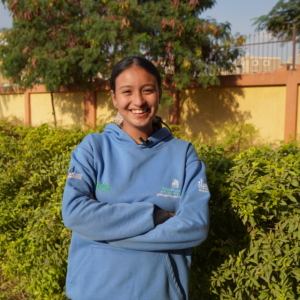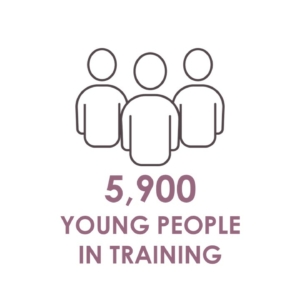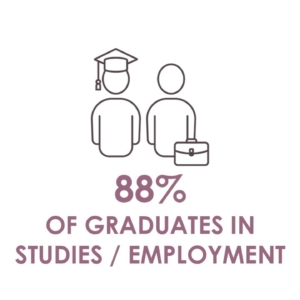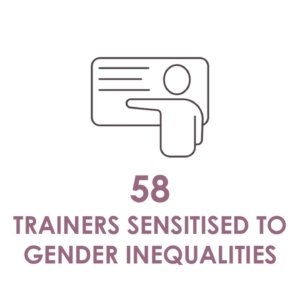“To be honest, I’m happy that the training showed me there is no discrimination between a girl and a boy. I discovered that I have self-confidence and I appreciate that in the future, a girl and a boy are equal and there should not be any differences in treatment”, Maria Naji, student at the ElectroMISR school in Cairo, Egypt.
Contact the team in charge of the Energy, Industry and Construction Trades programme
Mélissa Maurice: melissa.maurice@iecd.org
Laura Hochmann: laura.hochmann@iecd.org
Training young people in careers in industry, energy and maintenance
The unemployment rate for young people around the world is growing and yet certain dynamic sectors cannot find a qualified workforce: this is the case, for example, for the energy, public works, transport and automobile sectors. A mismatch between vocational training courses that are too theoretical and the technical skills required by companies is one of the main reasons for this.
The Energy, Industry and Construction Trades programme builds bridges between young people and the productive sector by offering solutions that improve the employability of young people and meet businesses’ needs for qualified staff.
3 main actions:
Removing obstacles to access training and employment (approach centred on the obstacles and needs of young people)
In Egypt, the IECD supports women’s access to industrial jobs, a growth sector in the Nile delta. In the ElectroMISR and El-Wardian schools, specific modules on integrating women into the workforce have been rolled out to 180 young women undergoing training.
Deploying quality training-integration schemes that meet the needs of young people and employers
In the Ivory Coast, an alumni network has been set up as an association to strengthen links between young graduates and support post-training support. In 2024, members will benefit from support in governance and the development of a programme of activities.
Supporting local players in the energy transition
In Lebanon and Morocco, the IECD has set up work-site schools where young people receive practical training in the installation and maintenance of photovoltaic solar systems. This innovative, professionalising teaching method is set up with partner businesses. It is a practical response to the dual challenge of making young people employable and providing access to sustainable energy in countries where access to electricity is inadequate.






